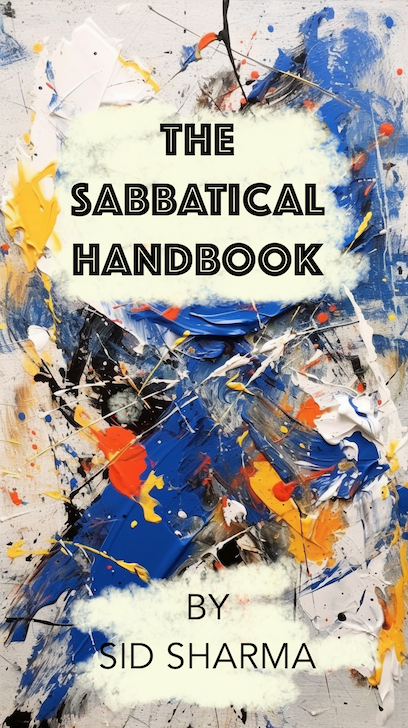From the start of the industrial age, we've had to deal with the problem of industrial accidents. When one works with machines driven by steam or electricity, humans can't get in the way or else they'll be chopped up, crushed, maimed or burnt. The early industrial age saw more than it's fair share of such accidents where puny humans came too close to the grinding gears of a relentles golem.
But as industry matured, we got better and better at making sure humans are safe against these machines. There evolved all sorts of procedures and protocols until we can reliably run the awesome industrial infrastructure of the world with minimal injury and loss of life. Of course, there are still parts of the world where industrial safety is a distant afterthought but that's because of misplaced priorities, not because we don't know what the right answer is.
For the subsequent knowledge age though, no such safety regime exists. Knowledge workers can be worked to the point of exhaustion with no real concern for their safety. When it was us against the machines, we could bring the machinery to heel and make it behave. But when it's us against us, then who will bring up the topic of the greatest industrial accident of our time -- Burnout!
